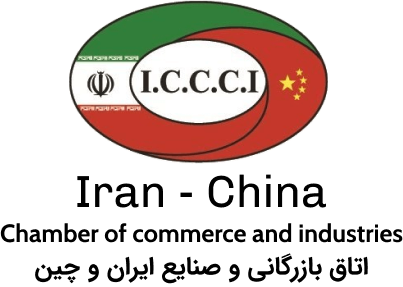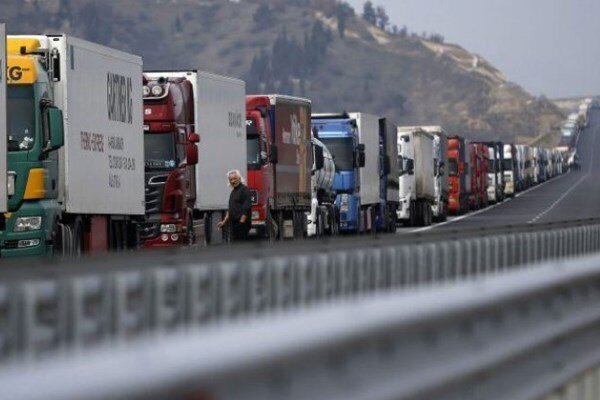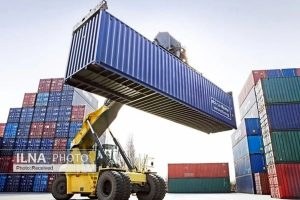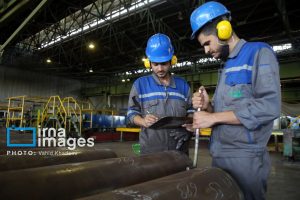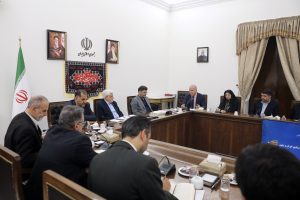Transit of goods via Iran has risen 81 percent during the first seven months of the current Iranian calendar year (March 21-October 22), as compared to the same period of time in the past year, the head of Islamic Republic of Iran Customs Administration (IRICA) announced.
Mehdi Mir-Ashrafi said that 6.948 million tons of goods were transited via the country during the seven-month period.
Iran is one of the countries that has a special status in trade and transit relations due to its strategic location and special geography, as the country is the passage of several important international corridors.
In the south of Iran is the Persian Gulf, which is home to the world’s major oil-producing countries. This region is considered as the energy bottleneck of the world.
In the north of Iran is the Caspian Sea, which is the best bridge between Iran, Russia, Kazakhstan, Turkmenistan and Azerbaijan and can play an important role in trade between these countries.
The country, on the other hand, borders Iraq, Turkey, Pakistan and Afghanistan to the west and east.
In other words, it can be said that Iran communicates with 15 countries through land and water borders, and at the same time it can act as a bridge between these countries (with each other and other parts of the world).
These countries have a large population and high income which can be effective as a factor in the development of transit and trade in the region.
The connection of Central Asian countries with the Persian Gulf, as well as the establishment of trade relations between East Asia and European countries through Iran, is very cost-effective, so that many of these countries seek to establish such relations through Iran.
This status has provided the country with many opportunities that making optimal use of them through the expansion of the transportation network and reliable and efficient communication, Iran can achieve foreign currency earnings and economic growth, and make transit revenue a suitable alternative to oil export, while improving its strategic position in the region.
Considering its geographical location, Iran can play a significant role in the transit of goods in the region and benefit a lot from its status in this due. To take full advantage of its location for transit, the country has many plans underway and, on the agenda, to boost its transit capacity.
Some of these plans include developing Shahid Rajaee Port, Iran’s largest and most-equipped container port in the south, and also Chabahar Port in the southeast of the country, connecting the ports to the railway network, development of transit via railway, and also some customs measures such as improving transit procedures in the customs offices.
